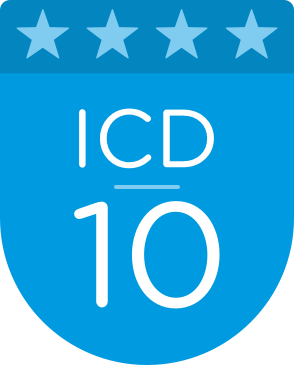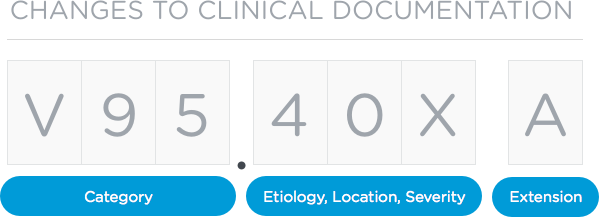-
- NASDAQ: CCLD $2.45
- 1-877-342-7517
ICD-10 is the 10th revision of the World Health Organization’s International Classification of Diseases (ICD) coding system. The ICD-10-CM (Clinical Modification) codes are used to capture diagnoses in all healthcare settings, while ICD-10-PCS (Procedure Coding System) codes are used to capture procedures only in inpatient settings.
The ICD-10 code set is set to replace ICD-9 in the US on October 1, 2015. All medical practices will need to switch to ICD-10 by the deadline or they will no longer be able to obtain reimbursement for the care they provide to patients. Payers, clearinghouses, billing services, and all other entities covered by HIPAA will need to comply with ICD-10.
It’s critical to prepare your practice proactively for ICD-10. ICD-10 is a monumental change with wide-reaching implications for your organization, but with the right preparation, technology, and support, you’ll be able to minimize disruption to your practice.


ICD-10 is not going to change how physicians practice, but it will change what is documented.
ICD-10 requires a greater level of specificity in clinical documentation. Physicians will need to document with the required granularity 1) to ensure billing staff have the necessary details to code correctly, and 2) so the documentation supports the codes submitted.Examples of extra detail required in ICD-10 include

The scope of this change and its many implications, particularly for documentation and coding, are undoubtedly intimidating. In fact, in a June 2013 survey by MGMA, 70% of respondents said they are “very concerned” with ICD-10’s changes to documentation and almost 60% forecasted that it would be “much more difficult” for coding staff to select the right diagnosis codes4.
To mitigate the impact of ICD-10 on your practice (and related anxiety), it’s essential to prepare well in advance for a smooth rollout – including evaluating current resources (technology and staff), obtaining training for you and your team, and testing ICD-10 workflows proactively.
Learn more about the key steps for preparing your practice for ICD-10
1 http://www.himss.org/files/HIMSSorg/content/files/TheValueofICD-10.pdf
2 CMS, ICD-10 Implementation Guide for Small and Medium Practices
3 Ibid.
4 MGMA Legislative and Executive Advocacy Response Network, ICD-10 Implementation Study, June 2013.
We’re Here to Help
Our experts are ready to assist
you in real-time.
